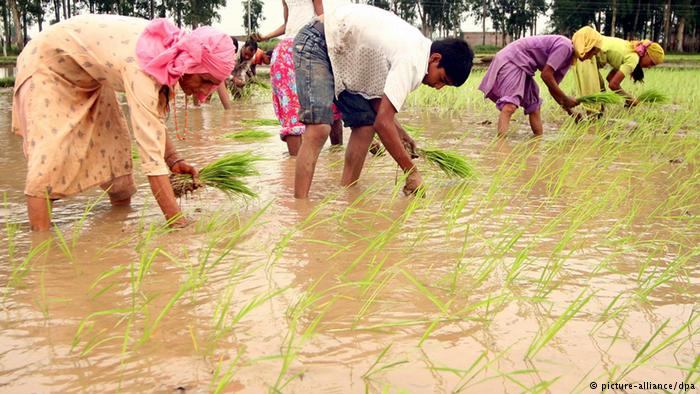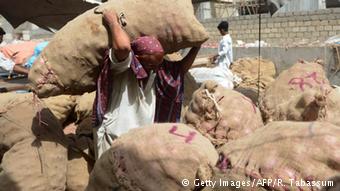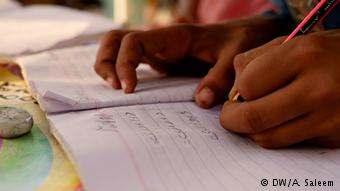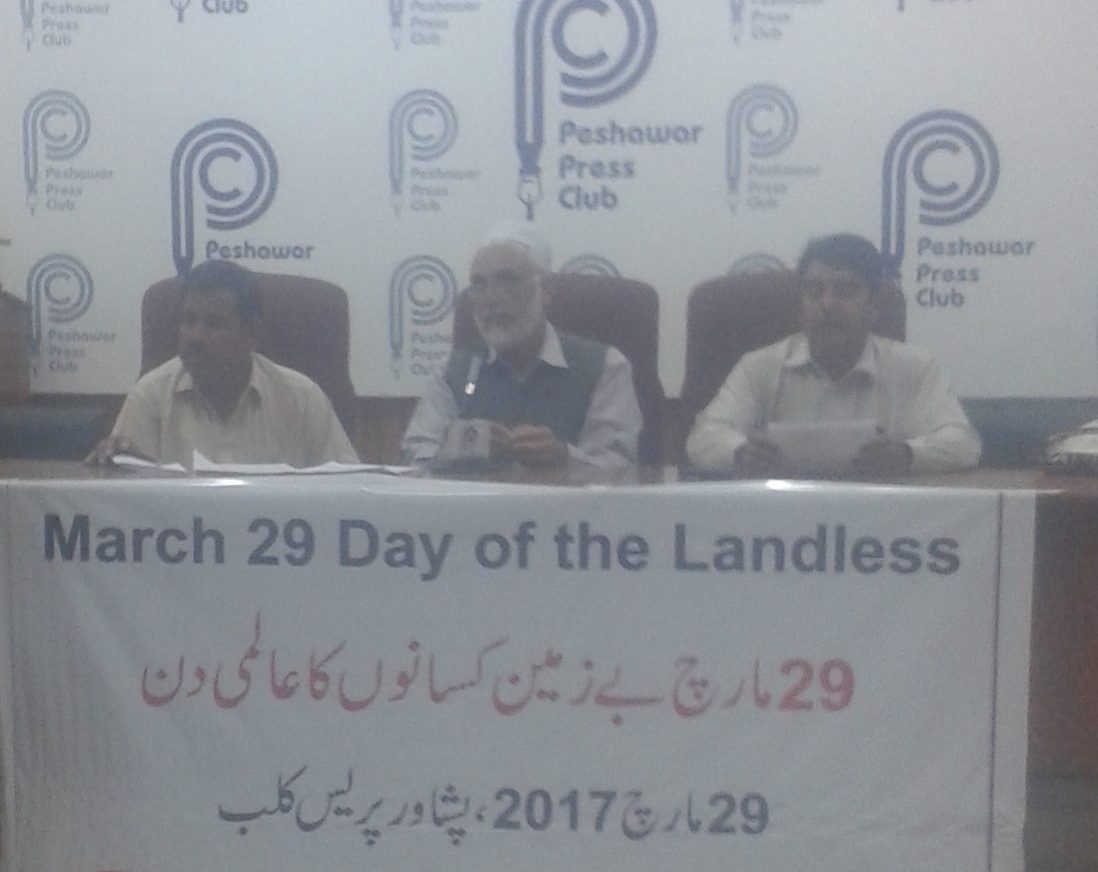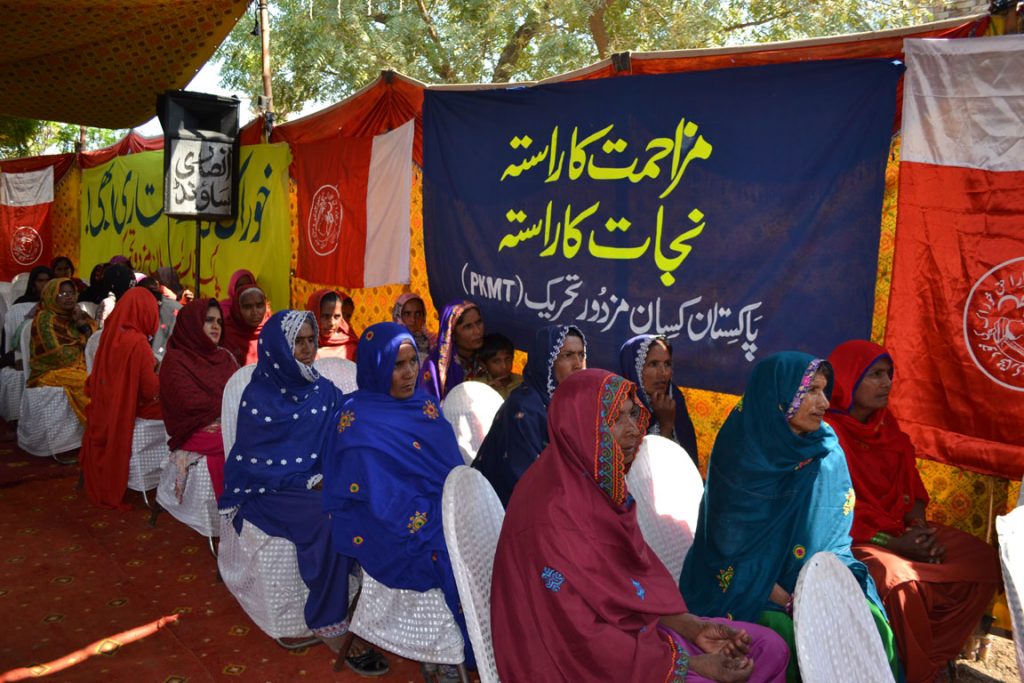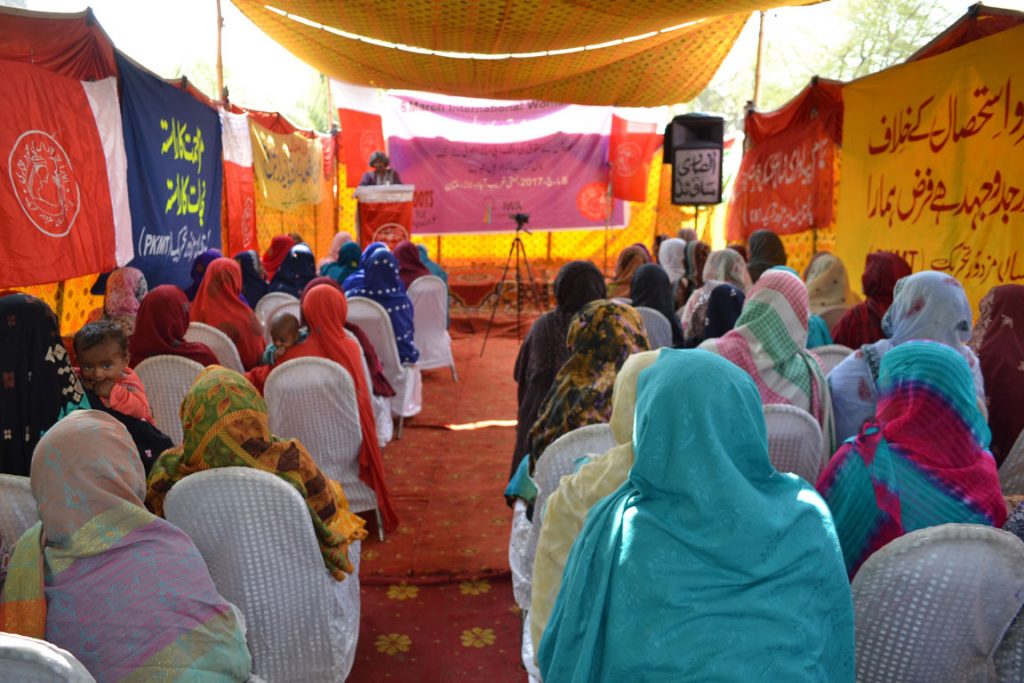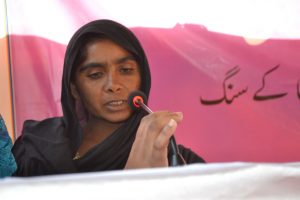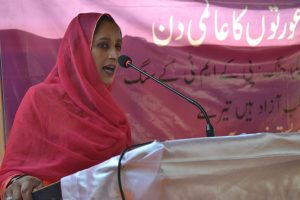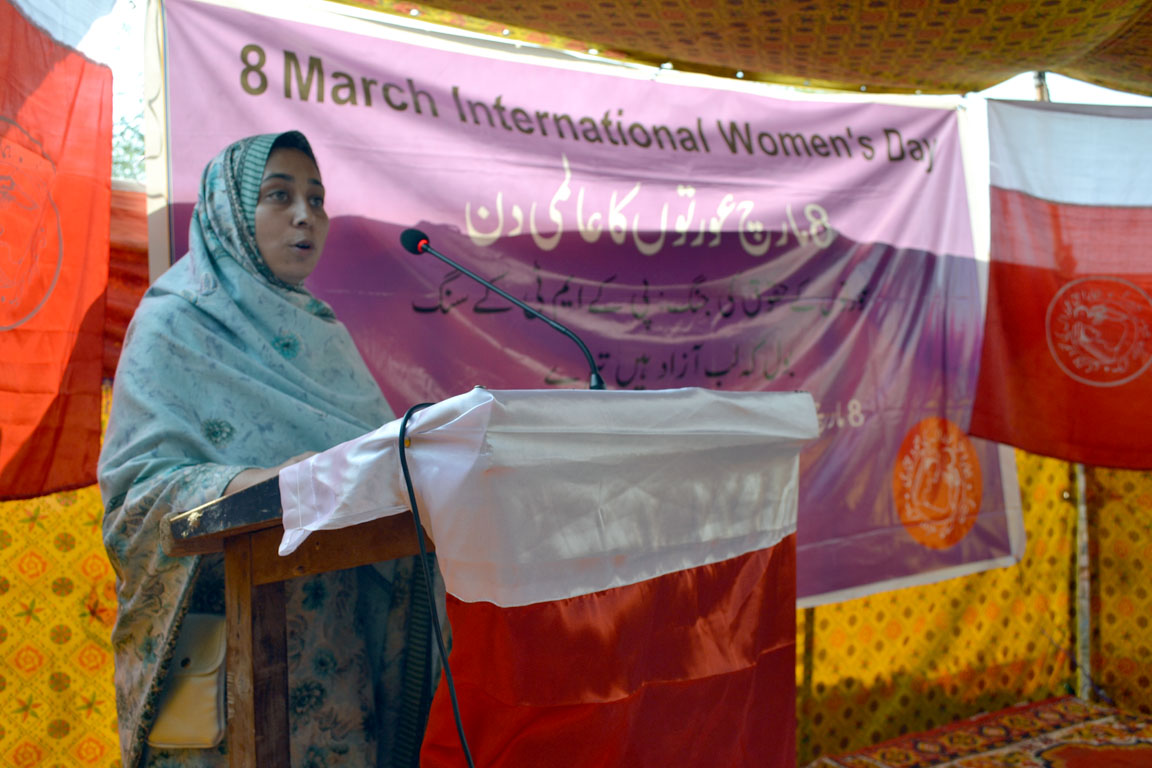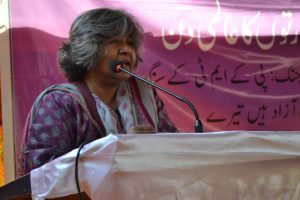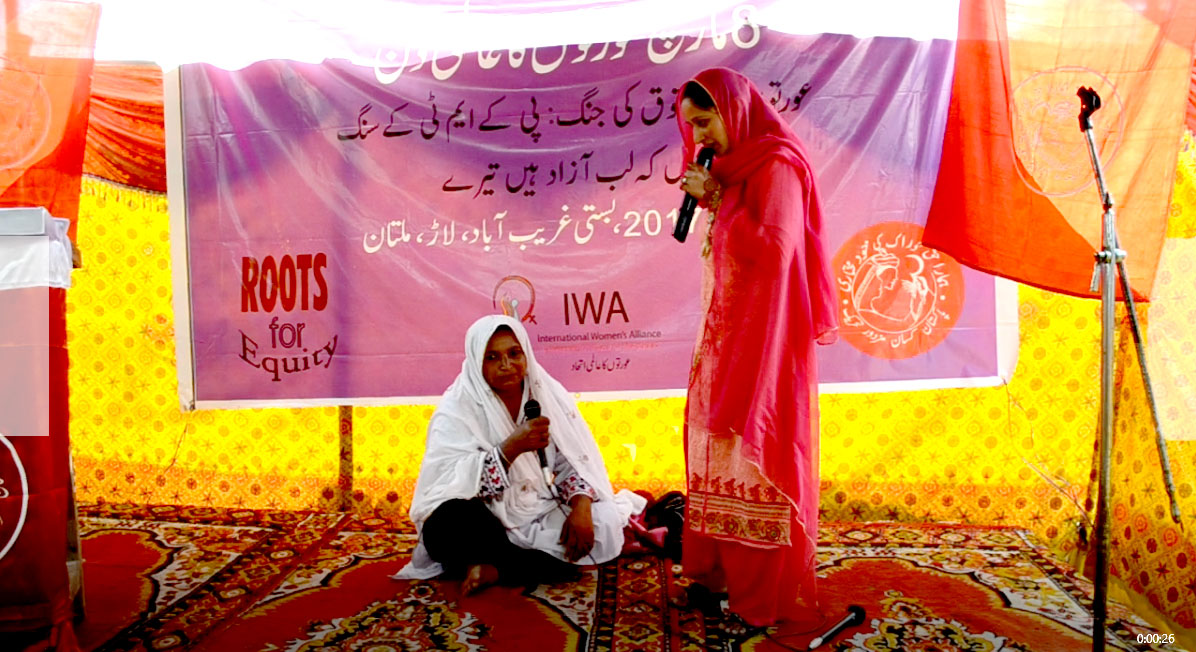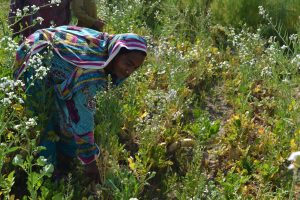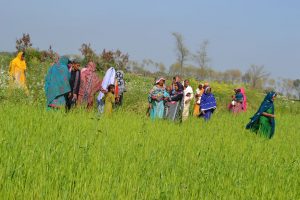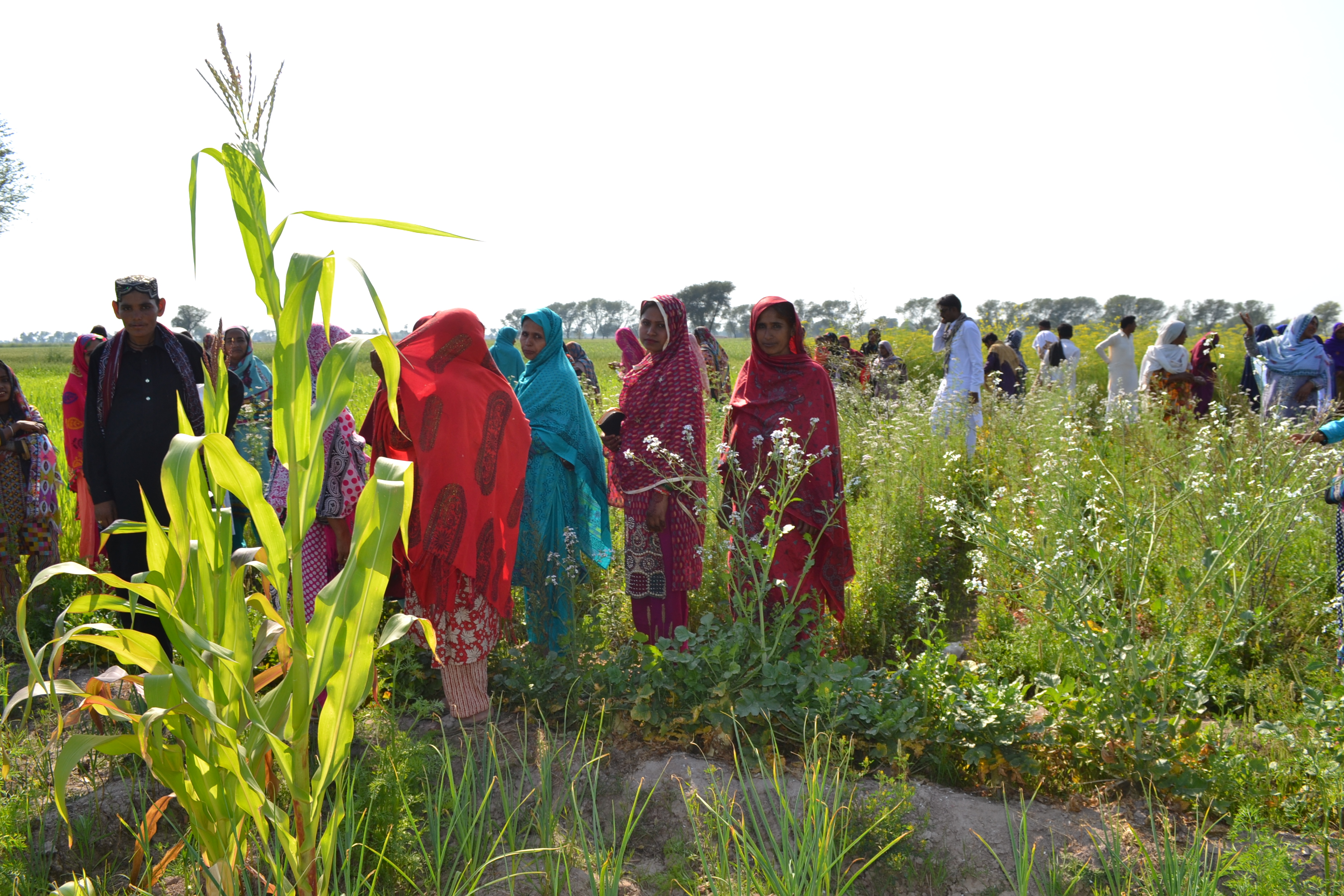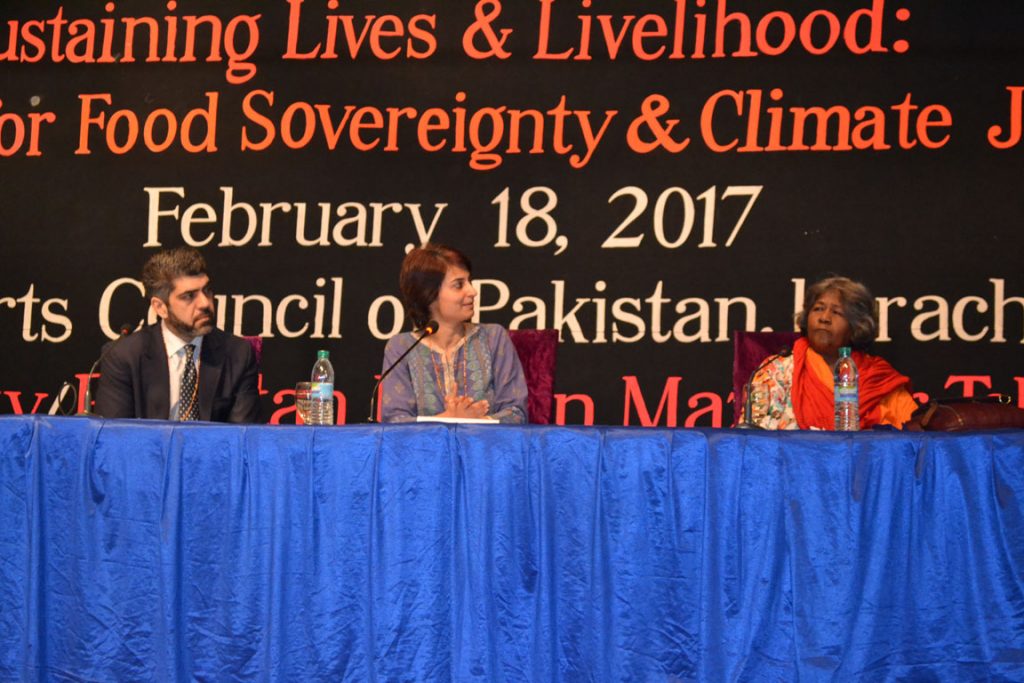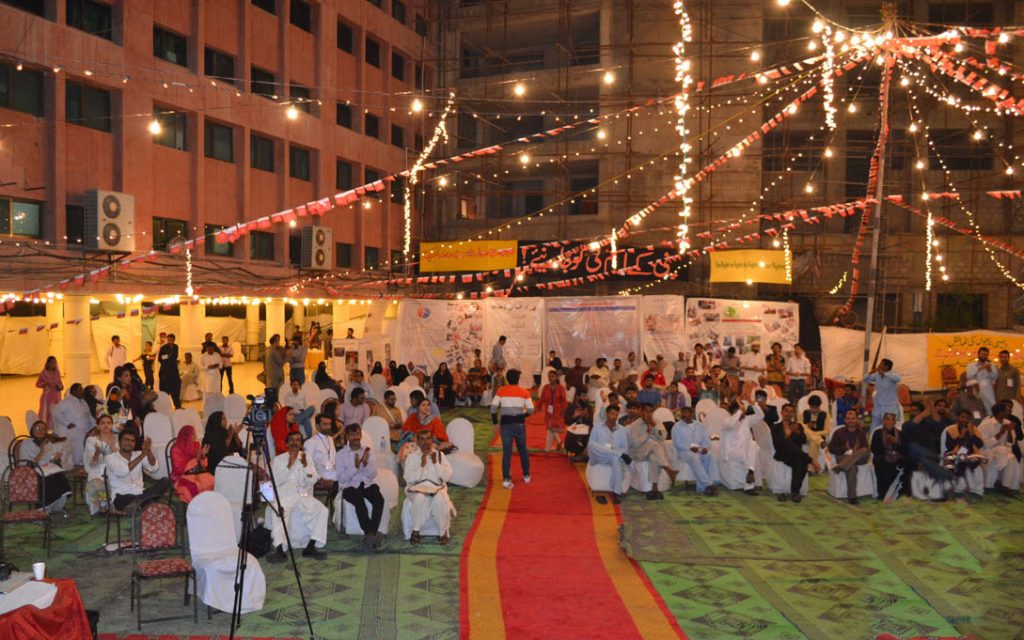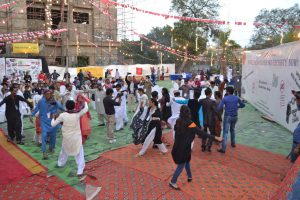Corn producers claimed contaminated crops hurt sales to China
Class-action lawsuit involved genetically modified seeds
Syngenta AG was ordered to pay $217.7 million to a group of Kansas farmers who claimed the company carelessly marketed its genetically modified corn seed, causing contamination of U.S. crops and a rejection of export sales to China by officials there.
A Kansas jury issued the verdict Friday in the first trial brought by U.S. farmers alleging Syngenta caused five years of depressed corn prices. Several other trials are pending as lawyers pursue suits on behalf of some 350,000 corn growers claiming as much as $13 billion in losses.
The win gives momentum to claims by farmers from more than 20 states who are suing the Swiss agrochemical giant. Syngenta faces its next class action in a Minnesota court in August, where farmers are seeking more than $600 million.
“This drastically changes the complexion of the upcoming litigation,” said Anthony Sabino, law professor at St. John’s University in New York. “A jury found the plaintiffs’ claims of depressed prices so convincing that, not only did the jury give them a win on the liability, they awarded the entire amount of damages asked for. That is not an everyday occurrence.”
A dozen Kansas farmers attended the 13-day trial. The only farmer in the courtroom Friday, when the jury returned its verdict after four hours of deliberation during two days, was Bret Kendrick, 52.
“I’m relieved that things turned out the way they did,” Kendrick said. “I’m very happy, especially for Kansas farmers.” Kendrick farms 6,000 acres in southwestern Kansas.
Jury Verdict
The Kansas City, Kansas, jury awarded only compensatory damages and no punitive damages. The farmers’ lawyers had asked for $217.7 million for lost sales plus punitive damages.
Syngenta said it would appeal the verdict. “We are disappointed with today’s verdict because it will only serve to deny American farmers access to future technologies even when they are fully approved in the U.S.,’’ the company said in an e-mail. “The case is without merit.’’
More than 7,000 Kansas farmers claimed Syngenta rushed its GMO seed to market before getting approval from China to export grain there. In 2013, China stopped shipments after calling the corn contaminated by the GMO seed. The farmers also claimed Syngenta misled them on when the Chinese would approve the seed.
In all, China barred an estimated 1.4 million metric tons of U.S. corn from entering the country, effectively cutting the U.S. out of the world’s fastest-growing market, the farmers contend. Corn futures tumbled as demand for American corn weakened, they claim. And while Syngenta’s GMO seeds were approved by the Chinese a year later, corn from Ukraine and other countries continues to supplant U.S. crops, the farmers said.
The average U.S. cash corn price has fallen 20 percent since the 2013 Chinese ban on U.S. shipments, while futures on the Chicago Board of Trade fell 15 percent, according to data compiled by Bloomberg.
Price Trends
During the worst drought since the 1930s, cash prices peaked in August 2012 at $8.26 a bushel. On June 22, the price of a bushel of corn was $3.30, up from a seven-year low of $2.73 a bushel in September. The farmers blame the lower prices on the Chinese rejection. Syngenta said this wasn’t a factor.
The Swiss company was under pressure because Monsanto Co. had a seed that was equal to Syngenta’s that already had Chinese approval, Scott Powell, the farmers’ lawyer, told jurors Thursday.
“Syngenta rushed this product to market to serve its own commercial interests,’’ he said. “No consideration was given to the farmers.’’
Powell, citing a company document, said Syngenta’s then-CEO, Mike Mack, knew that China would object to his company’s seed, but that Mack wanted to “pressurize’’ China into accepting it.
“For Syngenta, there was no risk,’’ he said. “It was all on the backs of farmers.’’
Loss Analysis
Syngenta did nothing wrong and the farmers suffered no losses, Mike Brock, the company’s attorney, told jurors in closing arguments Thursday.
“Important approvals were in place before the seed went into the ground,’’ he said. Syngenta began marketing the seed in 2011 following U.S. approval the prior year.
The Chinese rejection didn’t cause corn prices to crater, he said. A 2010 corn drought in China forced it to buy foreign corn, and a 2012 drought in the U.S. led to a spike here, he said. A 2013 corn glut sent prices plummeting. Rain, particularly in the corn belt, shapes the corn market, he said.
China’s decision to block Syngenta’s seed wasn’t for safety reasons, but done as a “pretext’’ to lessen its dependence on U.S. corn, Brock said. “They wanted to slow down the export of corn to China.’’
China Watch
Syngenta wasn’t required to wait for Chinese approval and that country was using its biotech regulations to control trade, Brock said. The rejection of U.S. corn was part of that strategy, he said.
The trial in Kansas City, Kansas, comes as state-owned China National Chemical Corp. is completing its $43 billion acquisition of Basel, Switzerland-based Syngenta.
U.S. District Judge John Lungstrum, who is overseeing the Kansas City trial and most of the litigation, has certified eight statewide classes and had said Friday he’d schedule another trial for January or February. Farmers in 14 additional states are awaiting class certification by the Kansas judge.
Grain exporters Archer-Daniels-Midland Co. and Cargill Inc. have accused Syngenta in separate suits of carelessly allowing its seed to taint U.S. corn, causing the Chinese rejection. Those suits are pending in state court in Louisiana, with Cargill’s headed for trial next year.
The case is In Re: Syngenta AG MIR 162 Corn Litigation, 14-md-02591, U.S. District Court, District of Kansas (Kansas City).

